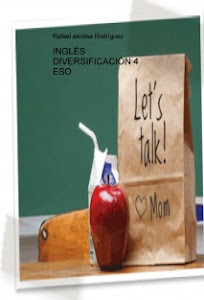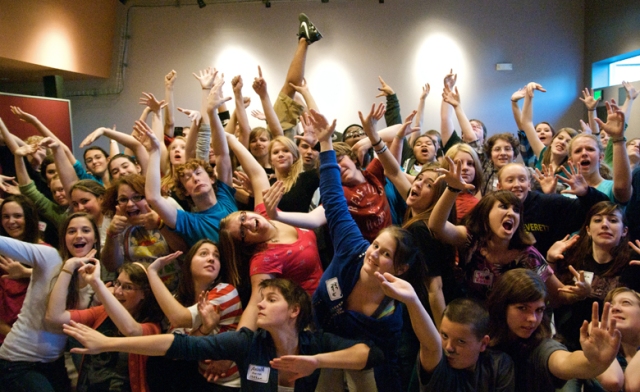We are going to show a very useful list with the most important terms for your compositions in English!
Letter A
a corto plazo <> as soon as possible
a corto plazo <> in the short term
a decir verdad <> actually
a decir verdad <> as a matter of fact
a decir verdad <> in fact
a decir verdad <> to tell the truth
a deshora <> at an unusual time
a diario <> day in day out
a diario <> everyday
a estas alturas <> as late as this
a estas alturas <> at this point
a este respecto <> for that matter
a este respecto <> with regard to this matter
a fin de cuentas <> after all
a fin de cuentas <> all things considered
a fin de cuentas <> finally
a fin de cuentas <> in short
a fin de cuentas <> taking everything into account
a grandes rasgos <> briefly
a grandes rasgos <> in a few words
a grandes rasgos <> in a general way
a juzgar por las apariencias <> judging by appearances
a juzgar por las apariencias <> on the face of it
a la distancia <> in the distance
a la intemperie <> in the open air
a la intemperie <> out of doors
a la larga <> eventually
a la larga <> in the end
a la mayor brevedad posible <> as soon as possible
a la sazón <> at the time
a la ventura <> at random
a la ventura <> with no fixed plan
a la vez <> at the same time
a la vez <> together
a la vista de las dificultades <> in the light of the difficulties
a la vuelta de 6 años <> at the end of 6 years
a lo más <> at most
a lo más <> at the most
a lo mejor <> maybe
a lo mejor <> perhaps
a lo que parece <> apparently
a lo que parece <> to all appearances
a lo sumo <> at most
a los ojos de muchos <> in the judgement of many
a manera de ejemplo <> as an example
a manera de ejemplo <> as an illustration
a mi costa <> at my expense
a mi juicio <> in my opinion
a mi parecer <> in my view
a mi parecer <> to my way of thinking
a modo de ejemplo <> by way of example
a nivel popular (comunitario o local) <> at the grassroots
a ojo de buen cubero <> at a rough estimate
a pesar de <> despite
a pesar de <> in spite of
a pesar de todo <> in spite of everything
a pesar mío <> against my will
a pie juntillas <> firmly (believe)
a posta <> intentionally
a posta <> on purpose
a primera vista <> at first blush
a primera vista <> at first sight
a propósito <> by the way
a simple vista <> at a glance
a simple vista <> at first
a su debido tiempo <> in due time
a su tiempo <> at the right time
a su tiempo <> in due time
a tal efecto <> for the purpose
a tiempo <> on time
a toda costa <> at all costs
a todas luces <> obviously
a través <> through
a última hora <> at the eleventh hour
a última hora <> at the last minute
a veces <> at times
a veces <> sometimes
actualmente <> currently
además <> in addition
además <> moreover
ahora bien <> however
ahora bien <> nevertheless
al aire libre <> outdoors
al azar <> at random
al contrario <> on the contrary
al correr de los años <> as the years go by
al correr de los años <> as the years roll by
al efecto <> for that purpose
al fin <> at last
al fin <> eventually
al fin <> finally
al final <> after all
al final <> in conclusion
al pie de la letra <> exactly according to instructions
al pie de la letra <> literally
al pie de la letra <> to the letter
al pie de la letra <> word for word
al principio <> at the beginning
al principio <> at the outset
al principio <> at the start
al principio <> in the beginning
al pronto <> at first
al revés <> backwards
al revés <> in the opposite way
al revés <> in the reverse order
al revés <> inside out
al revés <> upside down
ambos (ninguno) <> both (neither)
ante <> before
ante mí <> in my presence
ante todo <> above all
ante todo <> first of all
antiguamente <> formerly
aparentemente <> apparently
aparte <> besides
aparte de esto <> apart from this
apresuradamente <> hastily
así <> as
así <> thus
así (que) <> so
así como <> as well as
así parece <> so it seems
aún <> still
aun a pesar de <> even though
aún así <> even so
aún así <> for all that
aunque <> although
aunque <> even though
aunque <> though
aunque no lo parezca <> incredible as it may seem
aunque parece extraño <> curiously enough
aunque sea cierto <> although this may be true































































